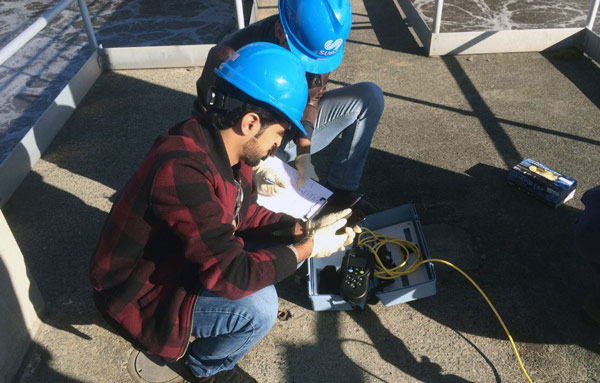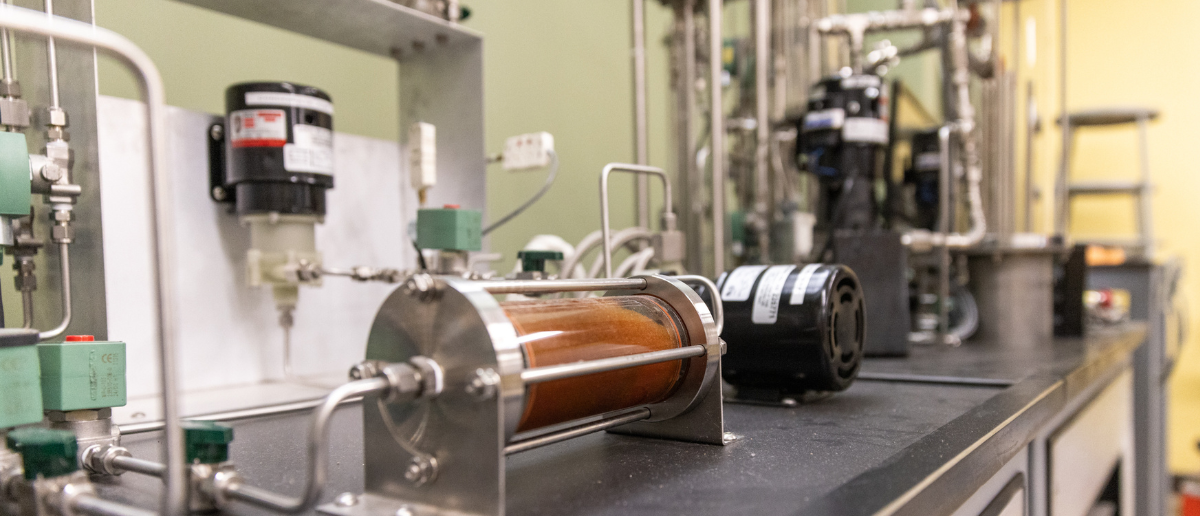
Civil Engineering - MEng
The Master of Engineering in Civil Engineering offers fundamental coursework that focuses on applied design and communication skills to promote career advancement for industry professionals.
The Master of Engineering (MEng) in Civil Engineering program offers fundamental coursework that focuses on applied design and communication skills to promote career advancement for industry professionals.
MS
30 Credits
The Master of Science (MS) in civil engineering program is a research-oriented program that focuses on the advancement of the fundamental body of knowledge in civil engineering while also fostering the development of skills in design and analysis.
Request Information
Questions? Email: cetagrad@hartford.edu.

This program lets you study an area of interest as part of a graduate thesis. Work towards solving a contemporary problem and become a technical expert. This program is also ideal for those who endeavor to eventually pursue their doctoral degree in an area within engineering. You will be ready to conduct research more analytically and purposefully in the industry and in academia.
The following courses and requirements are recommended for those pursuing the Master of Science in civil engineering program.
For more information, and to see a complete list of degree requirements, visit the Course Catalog.
Enrolled students may submit a proposal for admittance to the Master of Science degree program. Contact Laurie Granstrand, Manager of Graduate Programs, for more information.
Below is a list of research thesis topics and projects students in the graduate civil engineering programs have completed.
Structural Engineering Laboratory
State-of-the-art computational facilities are used for the application of structural design and finite element analysis in structural components.
Transportation Engineering Laboratory
Provides a variety of traffic simulation, planning, and signal control programs for analyzing, evaluating, and designing transportation system components.
Interested in enrolling in the Master of Science in civil engineering program under the College of Engineering, Technology, and Architecture (CETA)? Here is what you need to submit your application.
| Per Credit Rate | |
|---|---|
| Civil/ Environmental Engineering, MS, MEng |
$962.00 |

The Master of Engineering in Civil Engineering offers fundamental coursework that focuses on applied design and communication skills to promote career advancement for industry professionals.

The Master of Engineering in Environmental Engineering is a research-oriented program that explores fundamental concepts relative to real-world environmental problems.